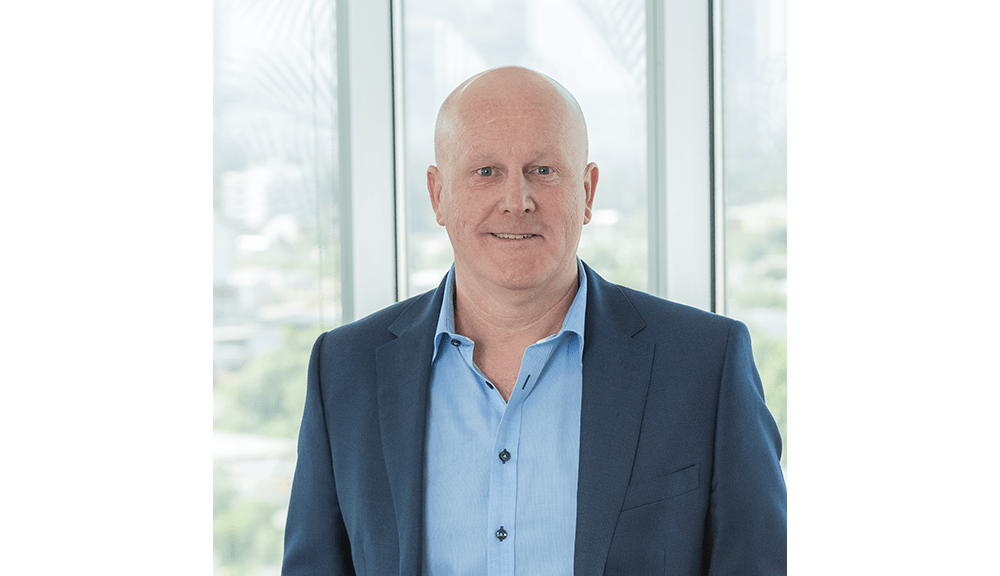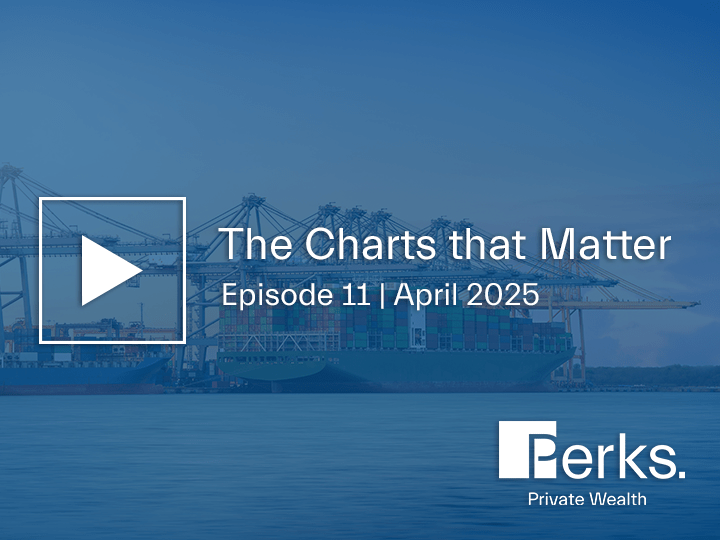Changes to Income Protection: Take cover before they hit
Posted on 16/2/2021
Private Wealth
Original Post 9/12/2020
Overview:
In response to concerns about the sustainability of the income protection insurance industry, Australia’s prudential regulator, APRA, is set to mandate further regulatory changes from October 2021, that will have a major impact on professionals seeking income protection cover.
For many professionals, income protection insurance is a vital safeguard to protect their earning capacity to provide security for themselves and their family in the event of a serious accident or injury that renders them unable to perform their job.
The impending regulatory changes to be introduced by APRA on 1 October 2021, should be cause for concern among professionals who do not yet have cover in place. Most significantly, a change to the occupation clause is set to fundamentally alter how individuals can claim for cover and professionals in higher earning jobs are set to feel the biggest impacts.
We’ve outlined the two biggest changes below:
1. Five year Contract Period
Policies will no longer have fixed terms of more than five years and will also be reassessed every five years to ensure they are relevant to the holders’ current occupation and income.
If your income or occupation has changed within the five year period, it is likely to affect your level of cover and cost, however any changes to your health will not be considered.
For example, if as a result of a reduction in work hours due to progressive injury, illness, or sabbatical leave (e.g. fellowship, higher study, maternity leave), your income also reduces, your cover may also be reduced.
Alternatively, if your occupation changes to one that subjects you to a higher level of risk, such as changing from white collar to blue collar work, the cost of your cover could increase. It is worth noting that the policy itself could even be cancelled if you’re employed in an occupation the insurer is no longer willing to insure.
As of 1 April 2020, insurers are no longer able to offer ‘agreed-value’ policies for new clients based on their income at the time they apply for the policy. Currently, best practice for insurers is to offer cover for the policyholder based on their best 12 months in the three year assessment period, prior to the start of claim. However, from 1 October 2021, our understanding is that they will only base it on the prior 12 months earnings, so as to more accurately reflect a policyholders’ income at the time of claim.
2. Own Occupation
Currently the ‘own occupation’ definition exists to protect qualified professionals from being pushed into ‘any occupation’ if an injury or illness deems them unfit to perform their profession at the time they took out cover.
With APRA’s regulatory changes, claims extending longer than two years will be subject to an ‘any occupation’ clause. Under this clause, the ‘own occupation’ definition this will only be applicable for the first two years of a claim and policyholders will no longer be able to claim if they can perform ‘any occupation’ after this point in time.
Previously, policyholders were measured against their ‘own’ profession and may have been able to claim indefinitely if they could only not perform it. The impending changes will see that after two years, claims will be assessed on the ability to work in ‘any occupation’ based on training, education, and experience, and one that the disability wouldn’t prevent anyone from performing.
An ‘any occupation’ definition is more restrictive in that you will only be considered as having Total Permanent Disablement (TPD) if you are unable to work at any suitable occupation.
For example, you could not be classified as TPD under the ‘any occupation’ definition if:
- there are skills you have acquired by previous education, training or experience; and
- there is another occupation for which you would be reasonably suited; and
- your disablement would not prevent you from participating in this reasonably suited occupation.
It is also not necessary that you have carried out such an occupation in the past, as the test is whether you would be capable of doing so.
Get ahead while you can
According to APRA, these changes are in response to an industry-wide sustainability crisis and it cites the collective losses of life companies ($3.4 billion) as its reasoning in introducing the reforms.
Perks Insurance Director Eddie Bell says while the changes come from a good place, they unfairly target professionals, self-employed people and their earning capacity.
“While APRA’s motivation in making these changes is clearly designed as a measure to secure the viability of an industry that is operating in an unsustainable manner, what has been proposed is of real consequence for many Australians,” he says.
It isn’t all bad news though and with the changes not set to be grandfathered, there’s still time to act, says Eddie.
“For those professionals without insurance, it’s important to note that there’s still time to lock in income protection before the second wave of changes in October 2021 come into effect,” he says.
Typically, the process of obtaining cover can take approximately 6 to 8 weeks, so Eddie urges professional not to delay getting in touch with an Adviser to lock in cover.
“To ensure you are able to gain approval ahead of these impending changes so your income protection provides you with the appropriate level of cover for your profession, don’t hesitate on contacting a suitably qualified Life Risk Specialist Adviser.”
Disclaimer: Any financial product advice is provided by Perks Private Wealth Pty Ltd (AFSL No. 236551) (“PPW”). The information provided is general in nature and is not personal financial product advice. The information provided has been prepared without taking into account your objectives, financial situation or needs and because of this you should, before acting on it, consider the appropriateness of it having regard to your objectives, financial situation and needs. You should carefully read and consider any product disclosure statement that is relevant to any financial product that has been discussed before making any decision about whether to acquire the financial product. Please refer to PPW’s FSG for contact information and information about remuneration and associations with product issuers.



